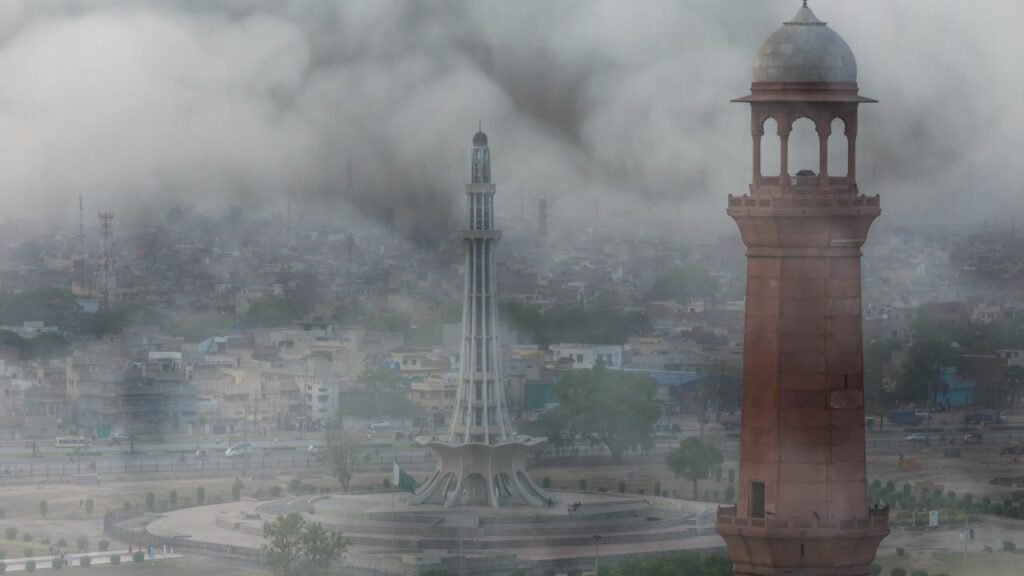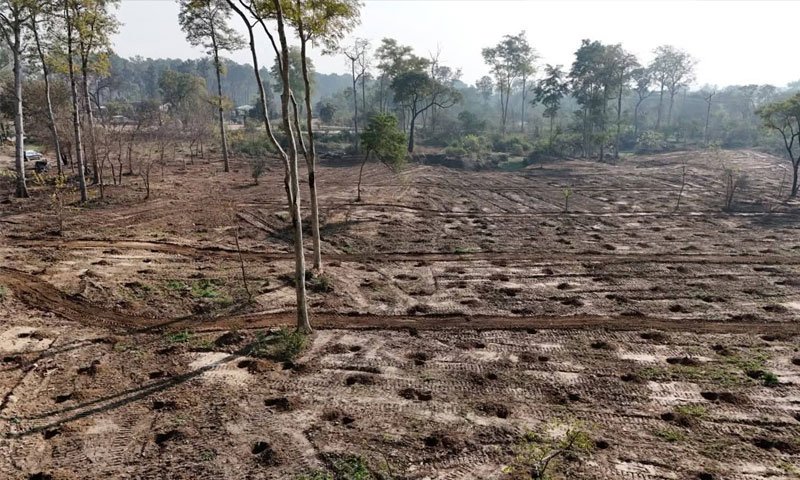Arshad Mahmood Awan
Pakistan today finds itself once again at the mercy of nature’s wrath. The country is enduring its worst flooding since the cataclysm of 2022, with Punjab bearing devastation on a scale unseen in decades. In eastern and southern districts, villages have been swallowed whole by rising waters, millions displaced from their homes, and relief structures stretched far beyond capacity. The story is similar in Khyber Pakhtunkhwa, where flash floods and landslides have claimed hundreds of lives, while Sindh, Balochistan, and Azad Kashmir remain under grave threat as fragile infrastructure and swelling rivers test their already weak systems. This is not just another seasonal disaster — it is a humanitarian emergency of national consequence.
What makes this tragedy even more harrowing is the stark gap between official assurances and ground realities. Both federal and provincial authorities scramble to calm the public with statements that rehabilitation has begun, yet the voices emerging from affected areas paint a different, bleaker picture. In Punjab, families along the Sutlej, Chenab, and Ravi rivers narrate chilling accounts: hundreds of villages inundated without prior warning, thousands of residents evacuated without food or shelter, and relief camps reduced to scenes of indignity and neglect. Mothers and children are forced to share two washrooms among thousands, while meals arrive sporadically and livestock is left starving. These accounts are not just heartbreaking — they are damning indictments of a relief system hollowed out by inefficiency, complacency, and the absence of oversight.
Follow Republic Policy on YouTube
This failure is compounded by political missteps that erode public trust at precisely the moment when trust is most essential. Punjab Chief Minister Maryam Nawaz Sharif has faced heavy criticism, not only for administrative lapses but also for her mishandling of optics. A photograph she shared of a so-called “portable toilet” as part of flood-relief operations was quickly exposed as a recycled stock image. Ration boxes emblazoned with her portrait further politicized an already dire humanitarian crisis, while an ill-timed gaffe on rainfall reinforced perceptions of detachment. Relief work cannot be reduced to a publicity exercise. In moments of catastrophe, performance must outweigh propaganda.
Follow Republic Policy on Twitter
Yet the issue here is not to scapegoat one leader or one province. The structural crisis cuts across party lines and administrative units. Sindh, too, remains vulnerable and unprepared. Pakistan People’s Party chairman Bilawal Bhutto-Zardari has urged transparency and pledged that “no stone would be left unturned” in delivering relief and planning rehabilitation. But words, however well-intentioned, ring hollow without immediate, visible, and verifiable results. Disasters demand not promises but proof.
Follow Republic Policy on Facebook
At the federal level, lawmakers cannot absolve themselves by simply issuing statements from Islamabad. Their primary duty lies with the constituencies they represent, many of which are drowning today. Are they on the ground, meeting their people, inspecting relief camps, and monitoring aid distribution? Or are they content to leave flood victims at the mercy of a sluggish bureaucracy? The answer to these questions will define not only the credibility of elected representatives but also the very legitimacy of parliamentary governance.
Follow Republic Policy on TikTok
The deeper tragedy of Pakistan’s recurring floods is that they expose the frailty of our governance structures. We knew after 2022 that climate-induced disasters were no longer rare anomalies but recurring threats. International donors pledged billions in Geneva for “resilient recovery” and “building back better.” Yet, two years later, the country finds itself unprepared, with little evidence of structural reform, sustainable investment, or improved planning. Transparency in relief distribution remains a distant dream, data is sporadic and unauditable, and monitoring is weak at best, obstructive at worst. Floods may be acts of nature, but mismanagement is wholly man-made.
Follow Republic Policy on Instagram
What then must be done? First, every province must issue transparent, independently verifiable data on relief operations. This includes the number of camps established, the facilities provided within them, the volume of rations distributed, and the figures for evacuations. Second, rehabilitation plans must be detailed, budgeted, and shared publicly, not left to vague promises. Third, independent monitoring must be institutionalized. Journalists, civil society groups, and volunteer organizations must be granted unhindered access to affected areas. Only through independent eyes can the public be reassured that aid is reaching the deserving. And finally, political parties must agree that disasters are not arenas for point-scoring but tests of governance. If relief work continues to be used for image-building rather than life-saving, Pakistan will remain trapped in a cycle of tragedy and mistrust.
Follow Republic Policy on WhatsApp
Pakistan’s floods know no banners or borders. Water flows without prejudice, and so must relief. To rebuild homes and lives, we must also rebuild trust — trust that government will act with integrity, that aid will not be siphoned by vested interests, and that political leaders will prioritize human survival over personal branding. The task ahead is immense, but the lesson is clear: when transparency becomes the rule and accountability the standard, then and only then can this nation rise above the waters that threaten to drown it.















